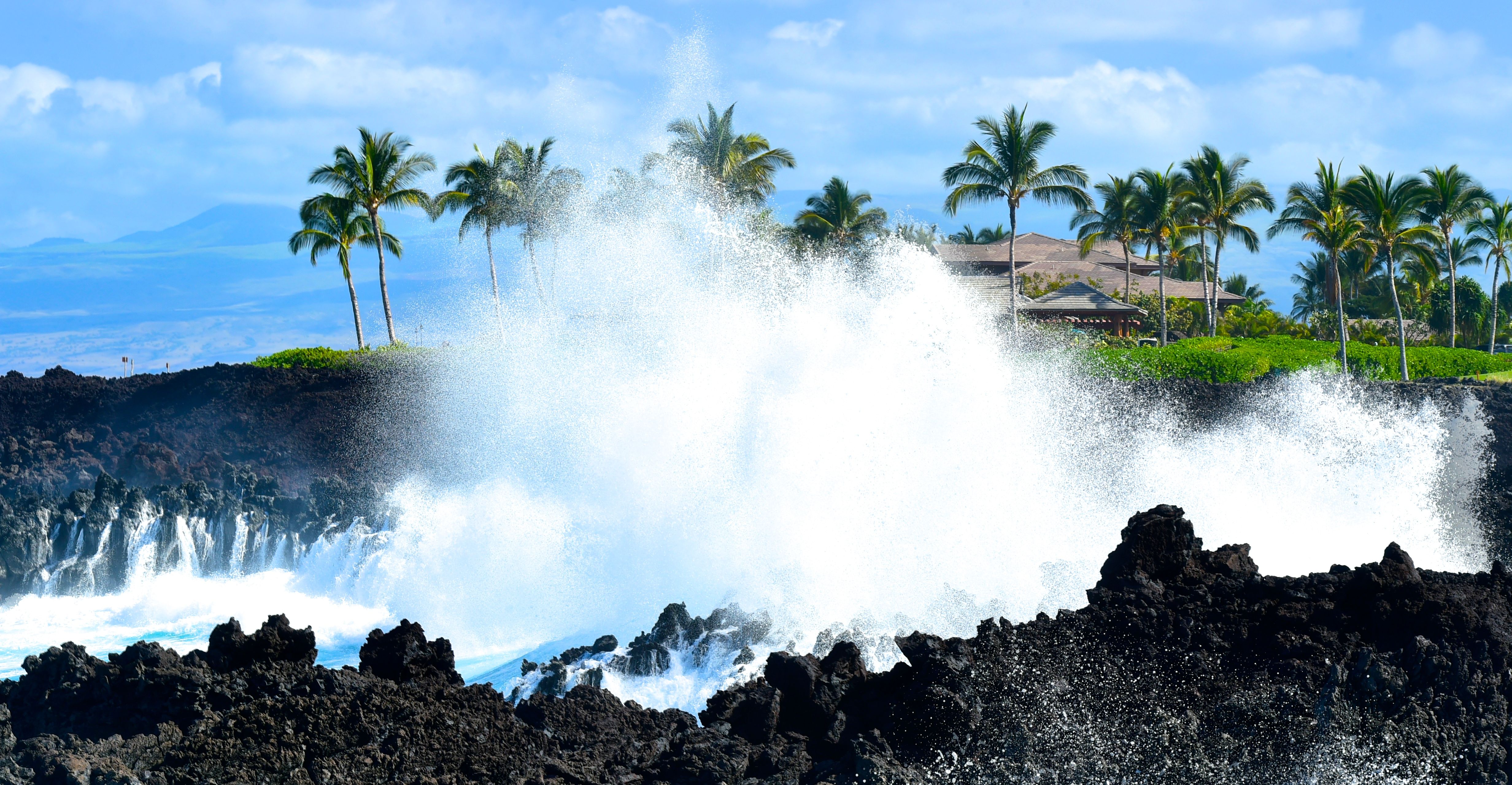Hawaii's True Status: Debunking Myths and Revealing Facts
Understanding Hawaii's Statehood
Many people often misunderstand Hawaii's status within the United States. Contrary to some beliefs, Hawaii is not a separate nation; it became the 50th state of the U.S. on August 21, 1959. This marked a significant moment in history, as it symbolized the culmination of a long journey towards statehood that began when Hawaii was annexed as a U.S. territory in 1898.
Since its statehood, Hawaii has developed a rich cultural and economic identity, contributing significantly to the diversity and economy of the United States. Its unique blend of Polynesian heritage and modern American influence makes it a fascinating subject for both history buffs and travelers alike.

Common Myths About Hawaii
Myth: Hawaii Is Just a Tourist Destination
While Hawaii is renowned for its breathtaking landscapes and thriving tourism industry, it is much more than just a vacation spot. The islands boast a vibrant local economy that includes agriculture, technology, and education. The University of Hawaii, for instance, is a hub for research and innovation in various fields.
Myth: Hawaii Is Always Warm and Sunny
Another common misconception is that Hawaii enjoys consistent sunny weather year-round. In reality, the islands have diverse microclimates, ranging from tropical rainforests to arid deserts. Some areas, like the summit of Mauna Kea, even experience snow. Understanding these variations can help visitors prepare better for their Hawaiian adventure.

The Cultural Tapestry of Hawaii
Hawaii's culture is an intricate tapestry woven from the traditions of its native Hawaiian population and the influences of various immigrant groups. This multicultural environment has given rise to unique customs, festivals, and culinary delights that are integral to Hawaiian life.
One of the most celebrated aspects of Hawaiian culture is the spirit of "Aloha." More than just a greeting, Aloha embodies the values of love, peace, and compassion. This philosophy not only shapes interpersonal relationships but also guides community interactions throughout the islands.

Hawaii's Environmental Riches
The islands of Hawaii are home to some of the most diverse ecosystems on the planet. From lush rainforests to volcanic landscapes, Hawaii offers a plethora of natural wonders. This biodiversity is protected through numerous conservation efforts aimed at preserving native species and habitats.
Among these efforts is the protection of Hawaii's coral reefs, which are vital to marine life and local communities. These reefs face threats from climate change and human activity, making conservation a priority for environmentalists and locals alike.
Conclusion: Embracing the True Hawaii
Understanding Hawaii's true status and dispelling common myths enhances our appreciation for this unique state. From its complex history and cultural richness to its environmental treasures, Hawaii offers more than just picturesque landscapes—it presents an opportunity to explore an intricate blend of heritage and modernity.
Next time you think of Hawaii, remember that beneath its surface lies a world waiting to be discovered—a world that embodies the essence of Aloha in every facet.